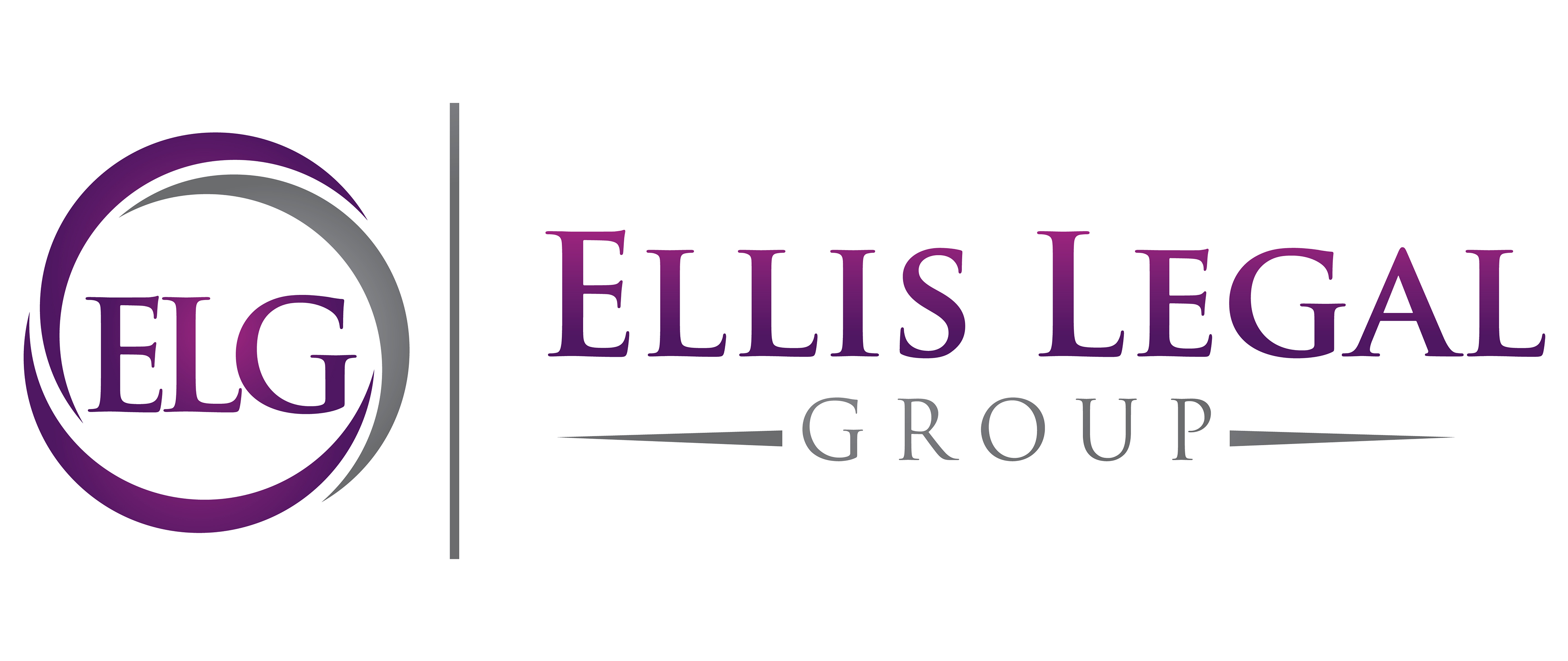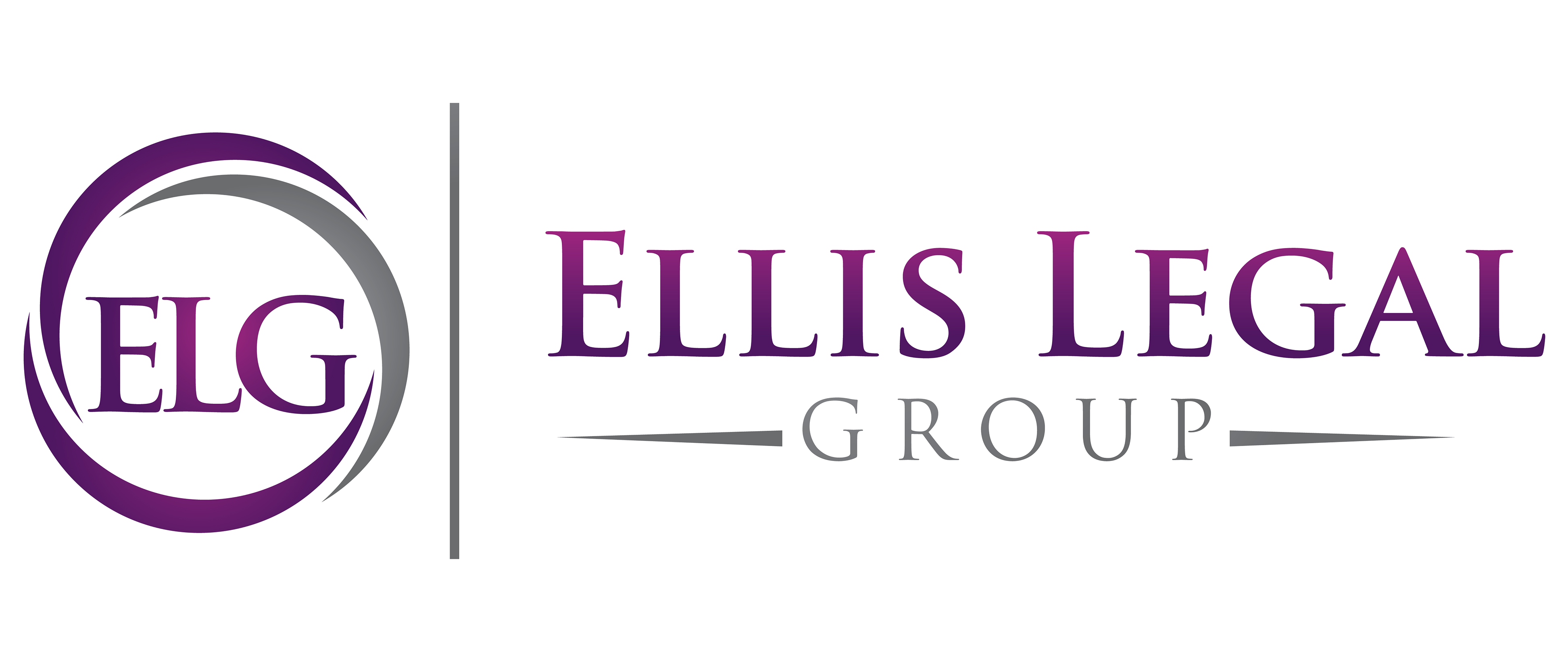Is A common-law Relationship a Better Choice For Me?

A common-law relationship is a partnership of adults who live together and have an exclusive commitment to each other. The key part of a common-law relationship is that there is no formal ceremony of marriage or registration of the relationship. There are no one-size-fits-all procedures for ending a common-law relationship unless there is a cohabitation agreement in place. Read on to learn the ins and outs of common-law relationships and the important legal considerations to keep in mind.
Alberta Family Lawyer Highlighting Important Considerations For Common-law Relationships
Common-law relationships are popular alternatives to traditional marriages where the parties involved are less financially and legally intertwined. The difference isn’t whether the partners can love each other as passionately as in a marriage, but rather, the differences arise in the legal considerations to keep in mind when committed to a common-law partner.
At Ellis Legal Group, our Alberta Lawyers are dedicated to family law. Whether you are entering a new marriage, experiencing divorce, or planning an estate, our Alberta family lawyers will provide information and support to help you during the most significant life transitions. Call us at 403-879-1635 to set up a free consultation or book an appointment online.
Are You In A Common-law Relationship?
What is a common-law relationship in Alberta?
A common-law relationship is like being married in many ways, except you never actually sign marriage papers. A common-law relationship usually occurs when a couple lives together for an extended period of time. In Canada, a couple living together is classified as cohabitation after they have lived together for one year consecutively.
What is the difference between marriage and common-law?
In the language of the law, a common-law relationship is established de facto whereas a marriage is established de jure. De facto means that a system was established in reality based on factual occurrences. A common-law relationship is de facto because prolonged cohabitation is the factual incident that established the relationship. On the other hand, de jure refers to a system bound by the law or a legal proceeding. Getting married in Alberta is a de jure process because the law requires a marriage license and ceremony to legally register the marriage. This contrast in terminology highlights the key differentiating factor between a common-law and marital relationship.
Which laws govern a common-law relationship in Alberta?
Compared to marriage, common-law couples are less entangled legally and financially. In Alberta, the breakdown of a common-law relationship is usually analyzed on a case-by-case basis. Each case has its own unique story and unwinding the facts in these relationships can be complex and stressful. To avoid any future complications, the most responsible step you can take to protect each other in a common-law relationship would be to work with an Alberta Family Lawyer to draft a cohabitation agreement. This agreement is a proactive solution that specifies what should happen in a worst-case scenario where the relationship breaks down.
What you need to know about Common-Law Relationship
A common-law relationship is similar to marriage, in the sense that you are committed and love each other. However, it is very different from marriage on paper since there are fewer legal obligations to your partner.
Our family lawyers are here to help you understand your legal rights in any relationship scenario such as common-law relationships, marriage, and separation. Ellis Legal Group is dedicated to family law in Calgary, contact us online or call us at 403-879-1635 for an initial free consultation.
FREQUENTLY ASKED QUESTIONS
Q: What is Constructive Trust and Unjust Enrichment?
A: Applies only to couples that separated before January 2020, when the Family Property Act was updated in Alberta. Before then, constructive trust and unjust enrichment served as a threshold test to determine the extent that one party contributed to the property to their detriment.
Q: How is property divided when only one name is on the land title?
A: A certificate of lis pendens is a legal document that can be registered at an Alberta Registry which indicates that there is a pending lawsuit. This would be filed when your name is not on the land title but you are making a claim on owning interest in the property.
Q: How long after the separation can I claim an interest in the property?
A: In Alberta, for couples separated after January 1, 2020, an adult partner of a common-law relationship can make a claim for property division within 2 years from when the relationship ended. If the partner is unaware of the changes to the common-law relationship, they would still have 2 years from the time that they should have known the relationship ended.
Our Practice is Dedicated to Family Law

Let us be your greatest asset during times of family transition. Ellis Legal Group takes a client-centered approach by educating our clients on family law, guiding you through a range of legal options, and customizing solutions to meet your unique needs. Being client-centered also means we do everything in a caring and supportive manner and with the utmost professionalism and integrity. Serving Calgary, Okotoks and surrounding areas.
Get Started Today With a Free Consultation
Divorce, separation, entering a marriage or common-law relationship, and planning your estate are significant, and sometimes traumatic, life transitions. Let us provide you with the information and support you need to plan for your best future.
Call us at (403) 879-1635 and book your free consultation today.


